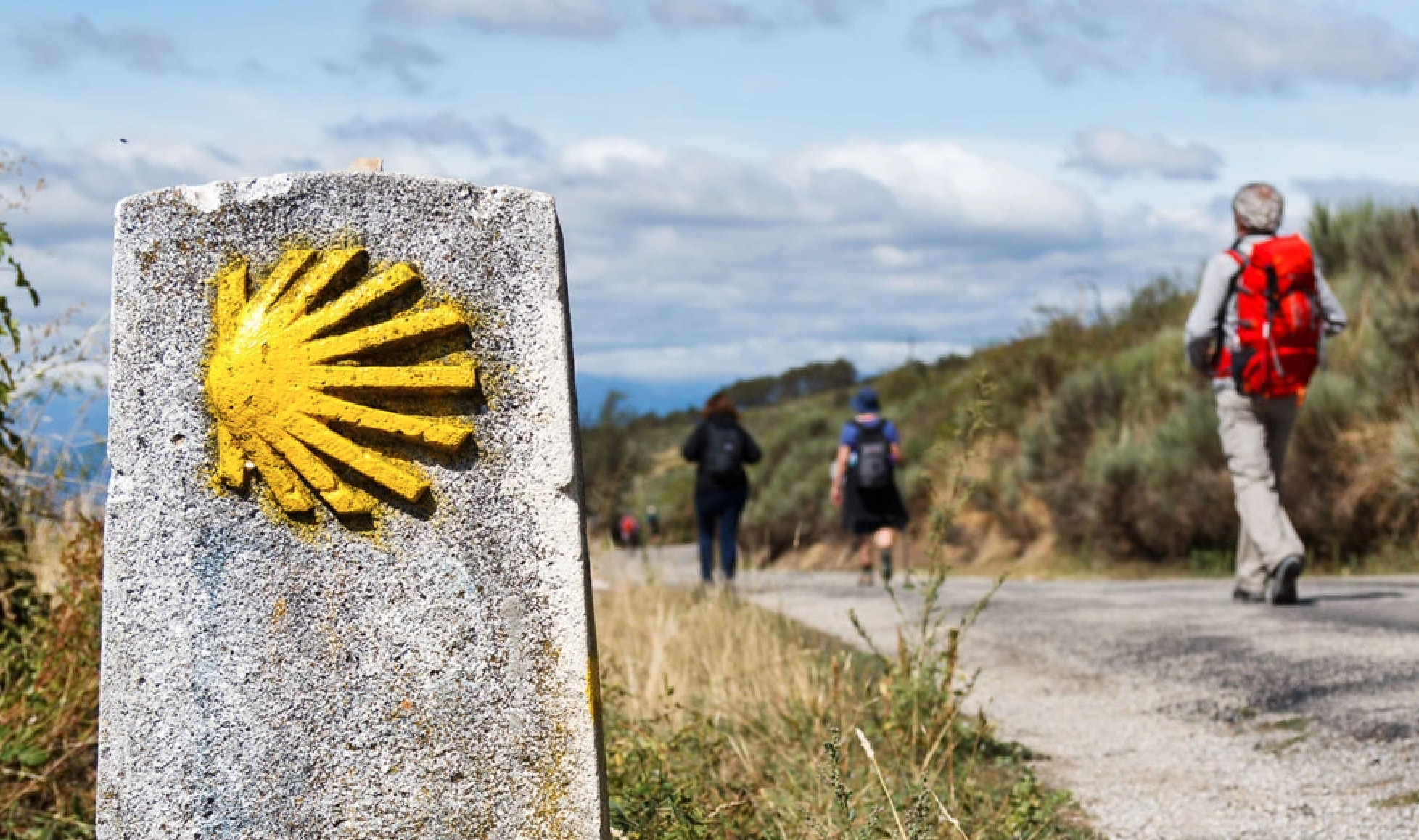Finding Hope on the Caminoਨਮੂਨਾ

Shells

No matter where you start or what route you take, the Camino ends at Santiago, where tradition rumors the bones of St. James are buried.
In ancient times, when one finally ended the pilgrimage and walked into Santiago, they received a parchment and a shell to hang from their cape or hat. The shell served as visible proof they made it to the ocean's edge, where shells abound. The empty shell was also a reminder that the journey had produced a transformation in his or her life, enabling them to figuratively die and cast off the old shell (like a dead scallop), making the traveler into someone new.
The shell symbolizes the good work of Jesus (His death) for humanity--to save them from sin and thus make them new creatures. Those pilgrims who bore the symbol of the shell wanted to identify with this new way of life -- to love and serve God passionately and to love and serve their fellow man.
This is only possible if we are transformed through faith in Jesus. We can't earn our new shell or new person through good works or painful penance. In 2 Corinthians 5:17, Paul the Apostle said we become new creatures only when we allow Christ to come into us and transform us.
The Camino will change you a little, but Jesus will transform you completely!
What changes do you hope to see in yourself after the Camino? What steps do you want to take to be an authentic lifelong pilgrim?
ਪਵਿੱਤਰ ਸ਼ਾਸਤਰ
About this Plan

If you are hiking the Camino de Santiago (the Way of St. James) in Europe, more than likely, you are on a spiritual journey--looking for answers. The five symbols of the Camino trail symbolize hope you can only find through Jesus.
More
Related Plans

Freedom Made Simple

FIRST

A Shepherd’s Christmas: A 5-Day Plan Through Luke's Account of the Birth of Christ

What Is Biblical Justice?

Loving an Addict & Living With Grief

The Windshield Life: Leaving the Rearview Behind

Back-to-School Prayers for Our Children

Spare the Rod, Reclaim the Child

Reimagine Courage Through the Life of Stephen
